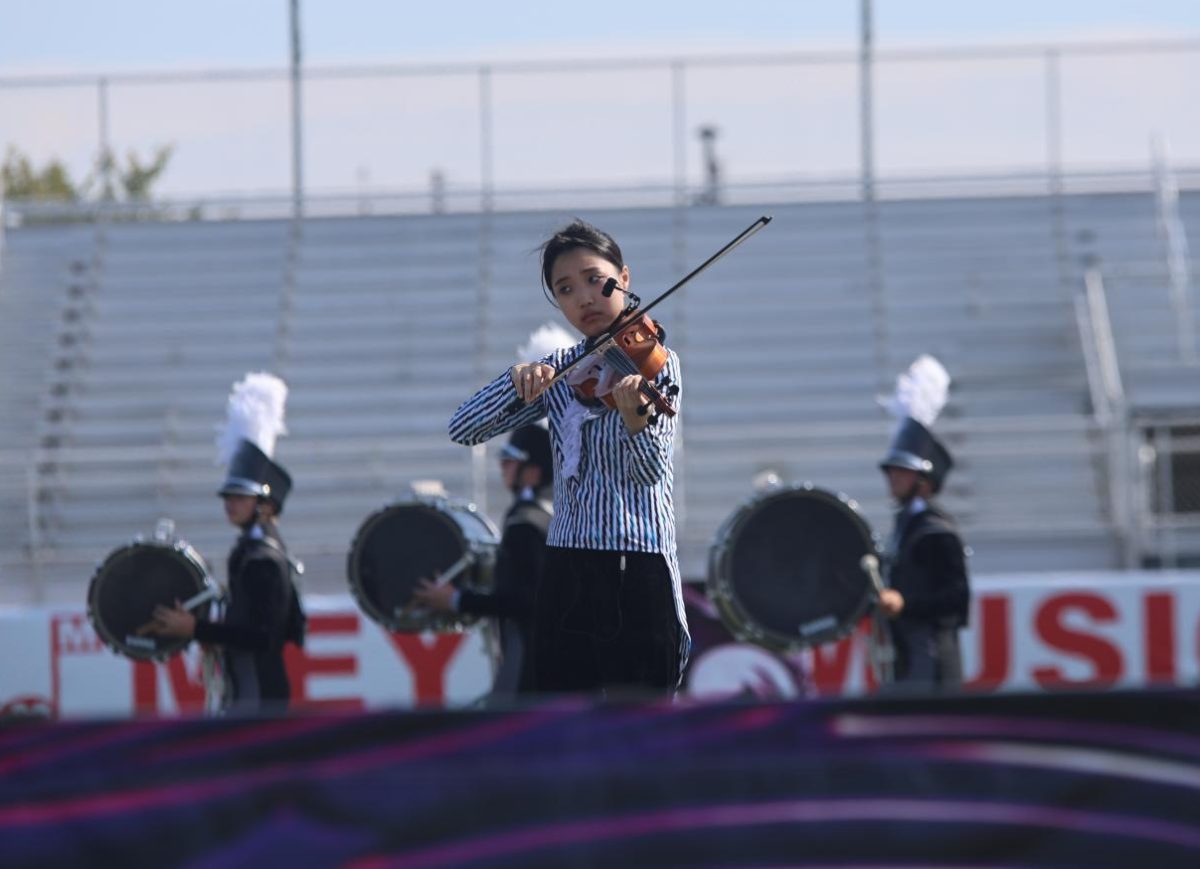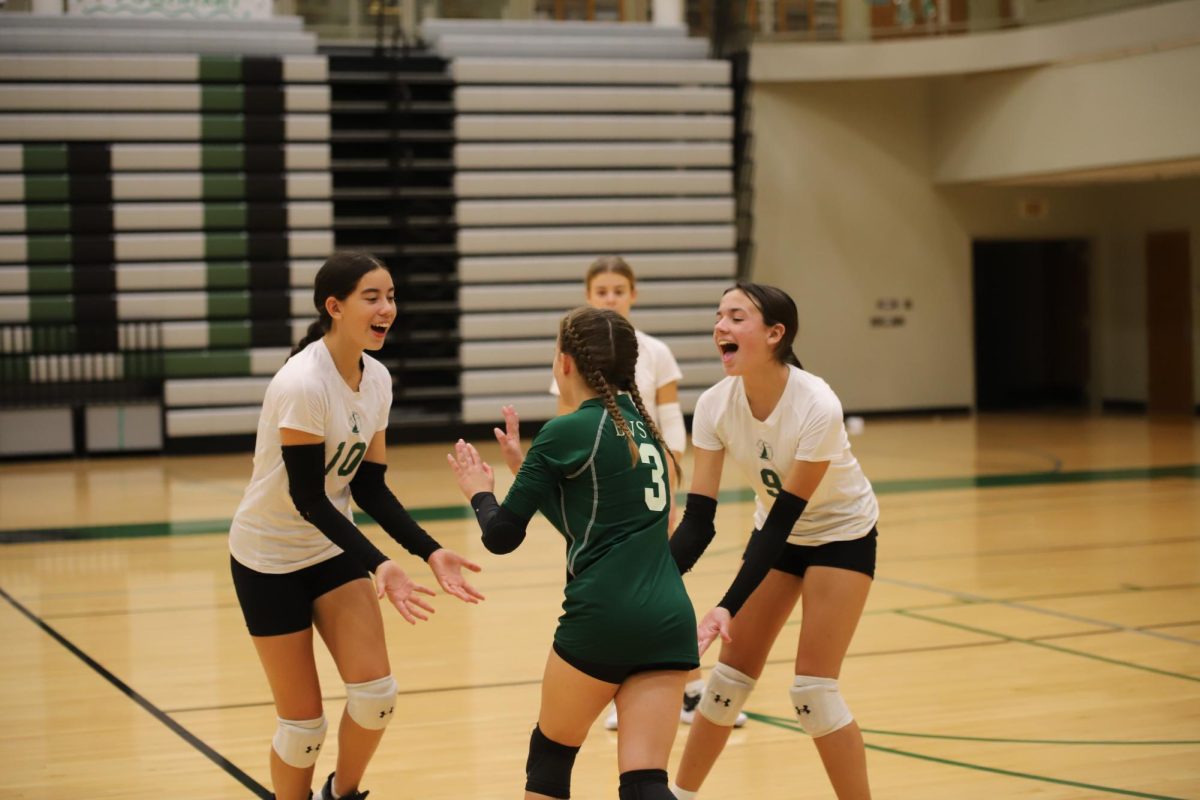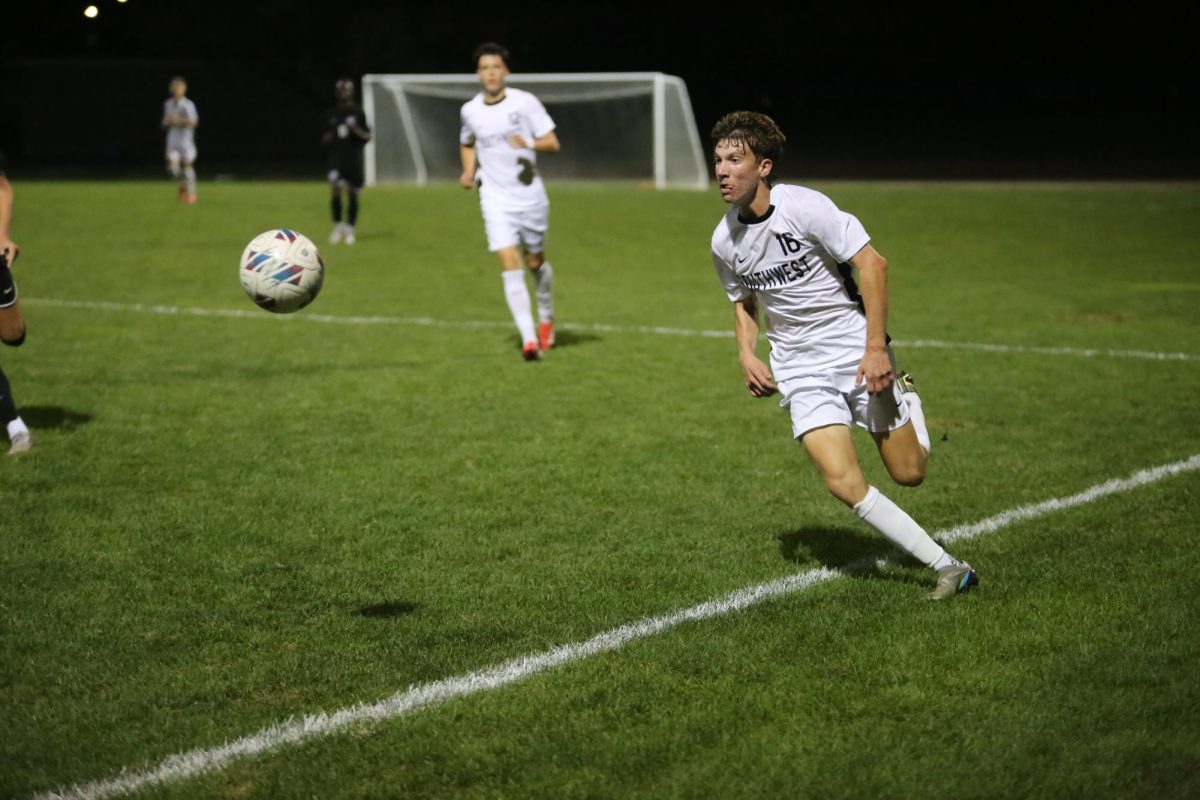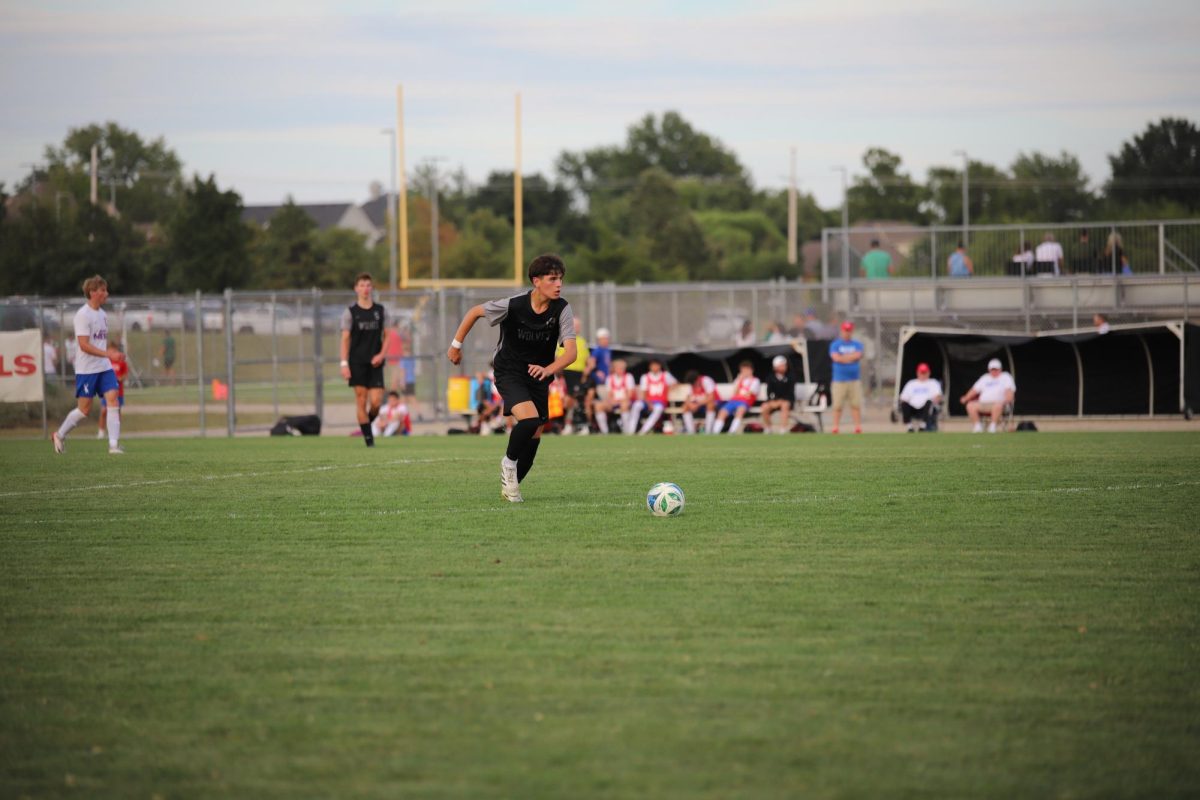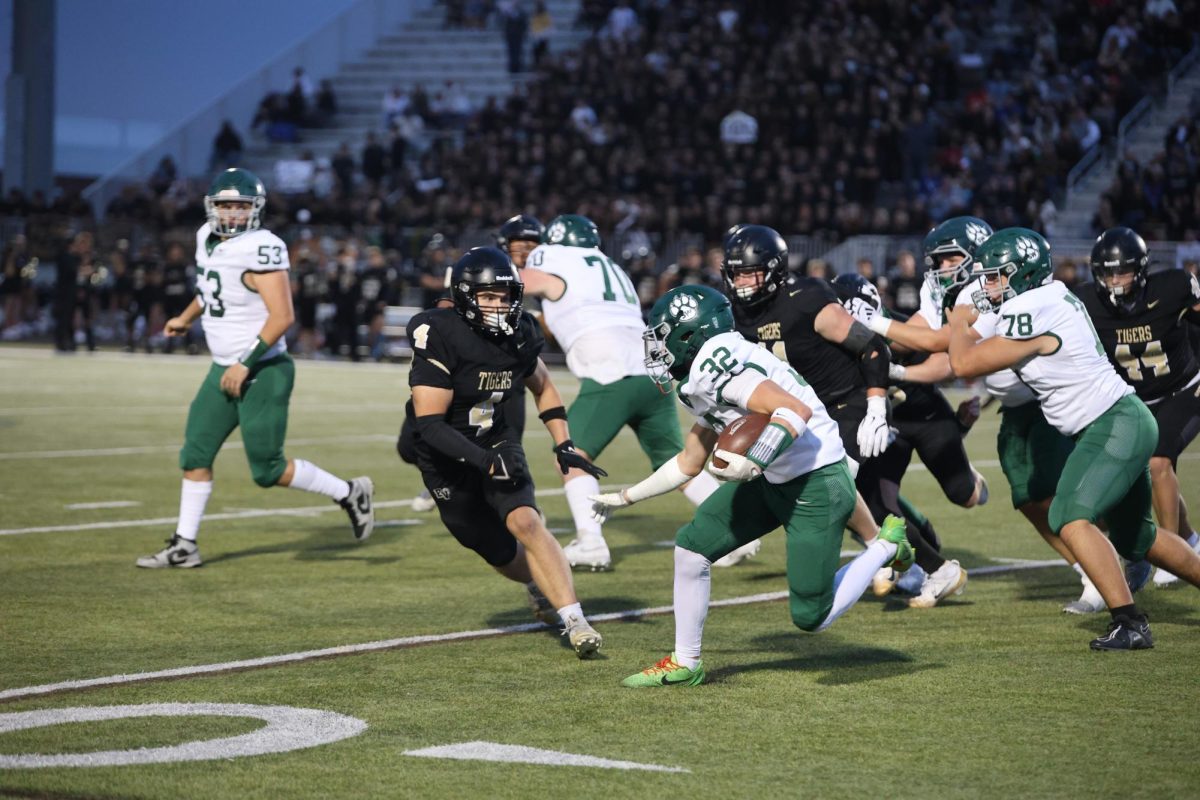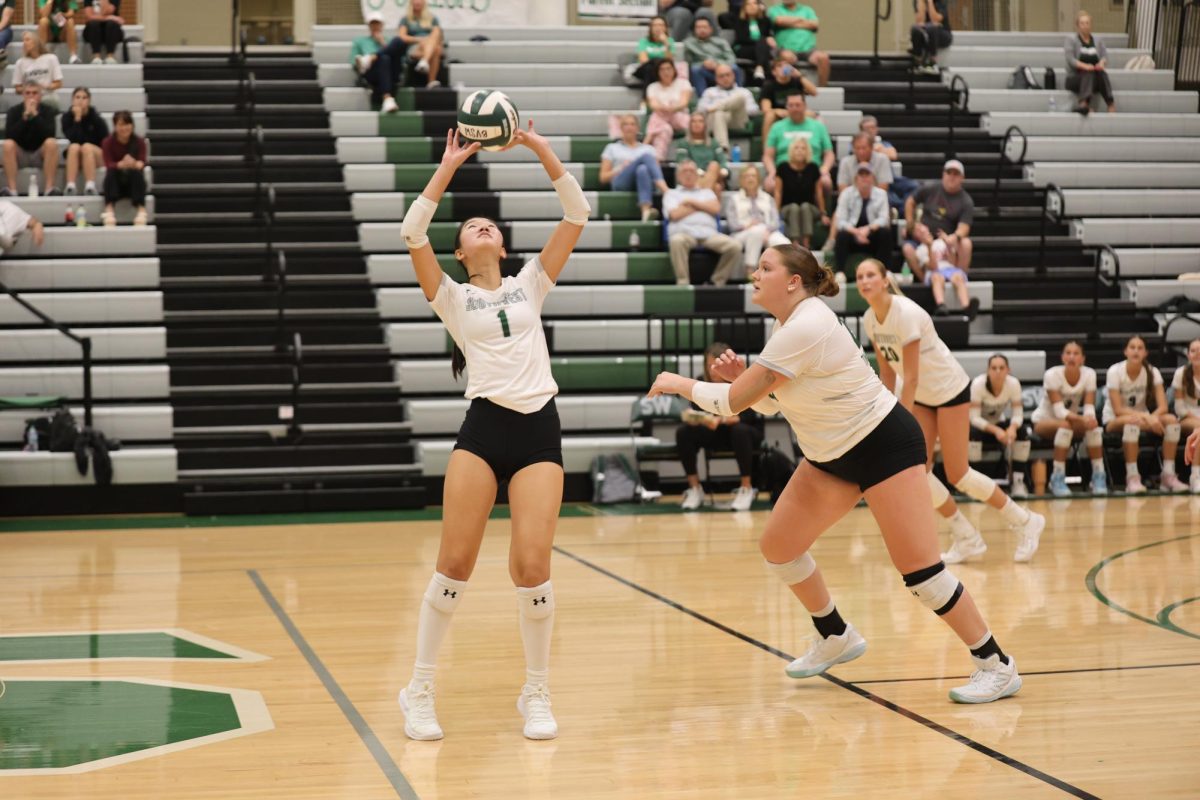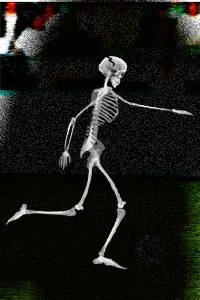
A line drive soars into the outfield. Junior Andy Lindsey jumps up to catch it, but falls back and lands on the bottom of his head. This move earns him his second concussion in two weeks — enough to take Lindsey out of a sport he has played since age four.
Two weeks after his first concussion, the doctor cleared Lindsey to resume practice. His first practice back was when he got his second concussion.
“My case is very rare with two concussions in two weeks,” Lindsey said. “You never really hear about that, especially in baseball. If you have two within a year that can have a really bad impact.”
Athletic trainer Krista Westerkamp expressed the second impact syndrome is a major concern for athletes. A second concussion can be responsible for lifelong injuries.
In 2011, Minnesota Twins player Justin Morneau got his second concussion 14 months after his first. However, after sitting out for a season, he has made his way back onto the field.
As a precautionary measure, Lindsey had to see a neurologist once a week and had to go at a slower pace than his classmates. This year he had to repeat Algebra II because he couldn’t remember anything.
“It’s been more difficult,” he said. “ It’s harder for me to stay focused and understand things the way I used to.”
Lindsey and his family decided it would be best for him to give up playing baseball because if he were to get another concussion there would be much more serious results.
“I went from playing baseball all my life to having to give it up,” he said. “It’s been really hard. It’s always hard to give something up that you love. I really enjoy tennis; it’s just not baseball.”
Concussions can occur from a fall, hit or any injury that shakes the brain inside the skull. Getting a concussion won’t necessarily result in fainting; sometimes symptoms may not even be notable.
Now that more research is being released revealing the consequences of these head injuries, school athletic coaches are trying to keep them from happening. Last spring the girls soccer team invested in headgear and continue to wear them this season.
“Recent evidence showed how to prevent it [concussions],” assistant coach Tyler Alexander said. “Also the idea was it’s better to be precautious as opposed to watching it happen.”
In the instance that athletes, or anyone gets injured, it’s best to tell someone.
“Athletes, report and be honest to prevent lifelong injuries,” Westerkamp said. “[They] always say it’s better to sit out a couple games or two to three weeks rather than end [your] season forever.”


